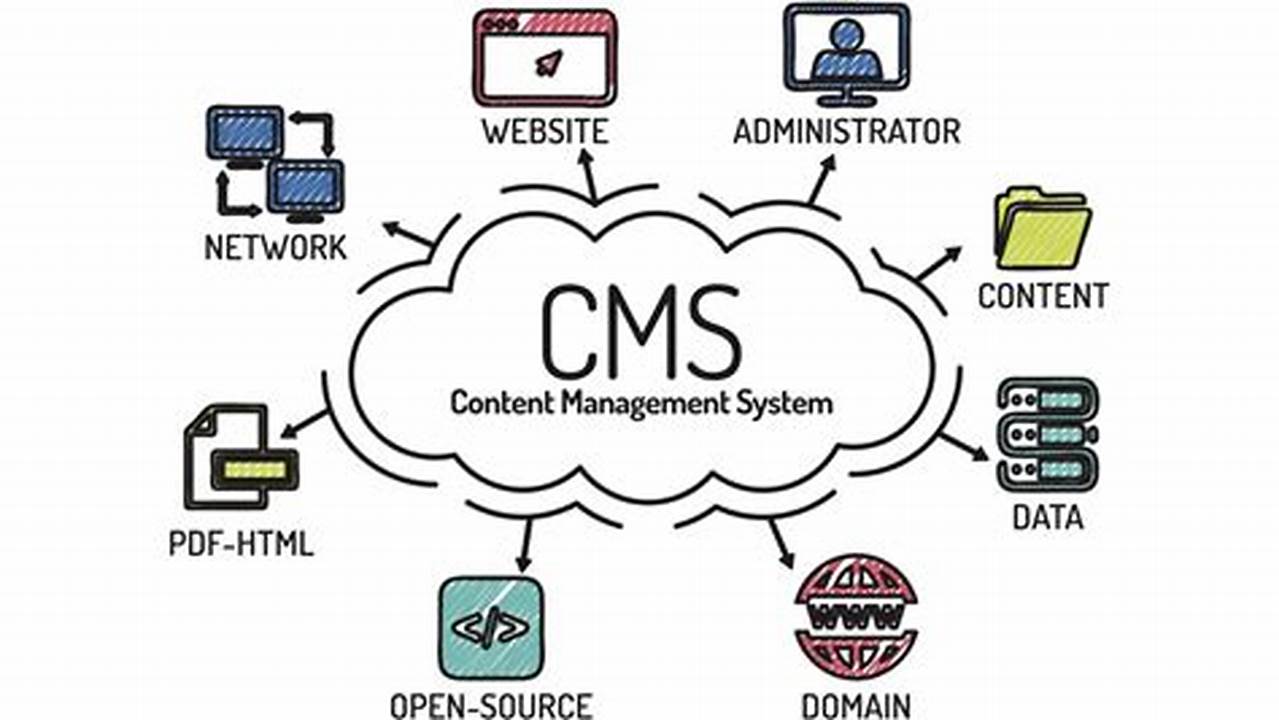Businesses today operate in a dynamic digital landscape where effective online presence is crucial for success. A robust online platform can significantly contribute to expanding market reach, enhancing customer engagement, and ultimately driving revenue growth. Understanding how a Content Management System (CMS) functions and leveraging its capabilities is key to achieving these goals.
Streamlined Content Creation
A CMS simplifies the process of creating, editing, and publishing digital content, enabling businesses to maintain a fresh and engaging online presence.
Improved Search Engine Optimization (SEO)
Many CMS platforms offer built-in SEO tools and features that help businesses optimize their website content for search engines, increasing visibility and attracting organic traffic.
Enhanced User Experience
A well-structured CMS allows businesses to create user-friendly websites with intuitive navigation and appealing design, leading to improved visitor engagement and conversion rates.
Increased Website Security
Reputable CMS platforms prioritize security and regularly release updates to protect websites from cyber threats, ensuring data integrity and user trust.
Scalability and Flexibility
A CMS provides the flexibility to scale website content and functionality as business needs evolve, accommodating growth and adapting to changing market demands.
Cost-Effectiveness
By simplifying website management and reducing the need for extensive technical expertise, a CMS can help businesses save on development and maintenance costs.
Integration with Other Tools
Many CMS platforms offer seamless integration with various marketing automation tools, analytics platforms, and e-commerce solutions, streamlining business operations.
Data-Driven Insights
A CMS can provide valuable data on website traffic, user behavior, and content performance, enabling businesses to make informed decisions and optimize their online strategies.
Enhanced Collaboration
A CMS facilitates collaboration among team members by providing a centralized platform for content creation, editing, and approval workflows.
Tips for Maximizing CMS Benefits
Choose the Right CMS: Select a platform that aligns with your specific business needs and technical capabilities.
Invest in Training: Ensure your team is adequately trained to utilize the CMS effectively and maximize its potential.
Plan Your Content Strategy: Develop a clear content strategy that outlines your target audience, key messages, and content calendar.
Regularly Update and Maintain: Keep your CMS platform and plugins up-to-date to ensure optimal performance and security.
Frequently Asked Questions
What is the purpose of a CMS?
A CMS simplifies website management by providing a user-friendly interface for creating, editing, and publishing content without requiring extensive coding knowledge.
How can a CMS improve my business’s online presence?
A CMS enables businesses to create professional, engaging websites with optimized content, improved user experience, and enhanced search engine visibility.
What are some popular CMS platforms?
Popular CMS platforms include WordPress, Drupal, Joomla, and Magento, each offering unique features and functionalities.
Do I need technical expertise to use a CMS?
While some technical knowledge can be helpful, many CMS platforms are designed to be user-friendly and accessible to individuals with limited technical skills.
How can I choose the right CMS for my business?
Consider factors such as your business size, budget, technical capabilities, and specific website requirements when selecting a CMS.
What are the benefits of using a CMS for SEO?
A CMS can improve SEO by providing tools for optimizing content, managing metadata, and creating search engine-friendly URLs.
By understanding and effectively utilizing the capabilities of a CMS, businesses can unlock significant growth opportunities, establish a strong online presence, and achieve their digital marketing objectives.



